Not if it’s measured with a fractional part.
I wonder if the rate is high enough and the distances large enough that relativity could make it so people on opposite ends of the world disagree on which baby was born first. Then again, birth takes a lot longer than a second and it’s not really possible to pinpoint an exact timestamp when the baby is born and wasn’t previously.

















I think it should be both. Punishment can be a good deterrent, and it’s really not possible to measure how much of an effect the deterrence has. You don’t have statistics on people who would have committed a crime if there weren’t harsh punishments.
I know it’s off topic but what has been proven to work best is to prevent crime by improving the lives of would-be criminals before they get to that situation. It’s cheaper and just better in every way.